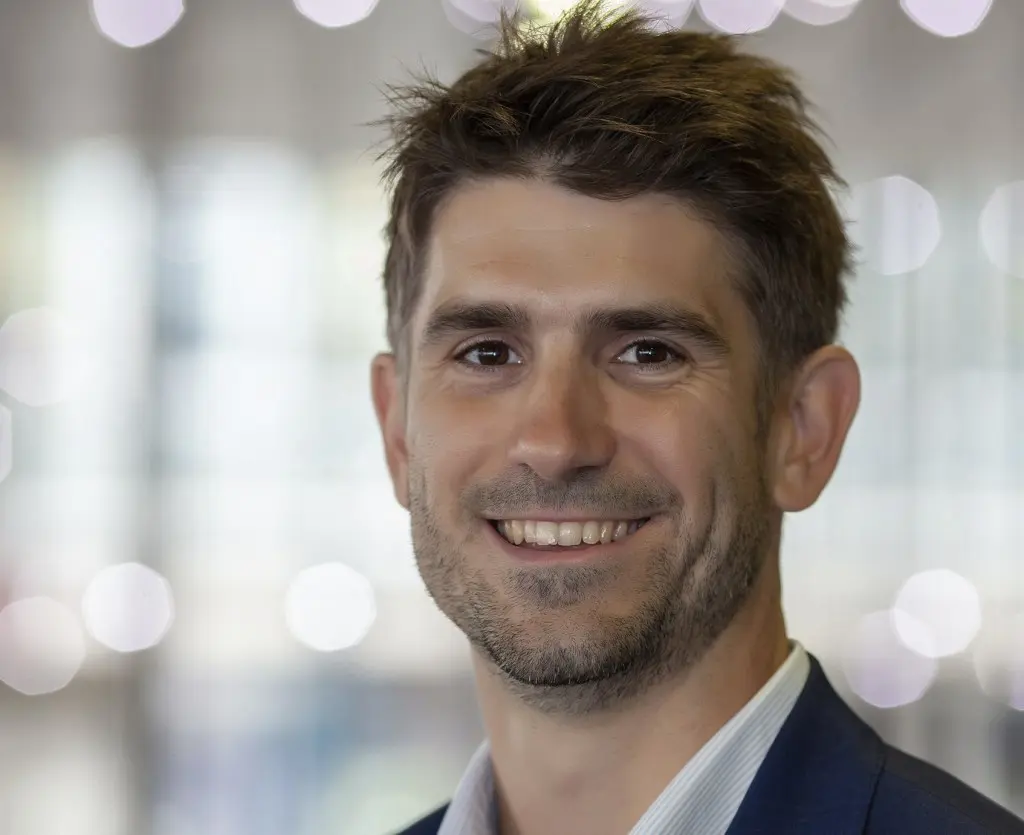[Q Talks Ep 5.]
Water Management in the Middle East and North Africa: A Brave New World
The Middle East and North Africa face tremendous challenges with regard to water availability. As climate change accelerates water stress, what role can the recent development of digital and data-led solutions play in the region?
Join environmental journalist Tom Freyberg to hear from regional experts as they link the past to the present, connecting existing challenges to new solutions. The panel includes:
- Ms. Charafat Afailal, Former Minister in Charge of Water, Kingdom of Morocco, and member of the Global Water Partnership’s Steering Committee
- Dr. Hazim El-Naser, Chair of the Middle East Water Forum in Jordan
- And Qatium expert Dr. Hassan Aboelenga, Chair of the Urban Water Security Working Group, IWRA – International Water Resources Association
Reflecting on water strategies of the past in the Middle East and North Africa
Tom began by highlighting the fact that the region only has around one percent of global freshwater resources and faces rising demands from cities, industry, and agriculture. He asked the panel to shed some insight on the future of water based on their experiences in the water sector and government.
Reflecting on his time as the Minister of Water and Irrigation in Jordan, Dr. Hazim El-Naser talked about how, given the level of water scarcity in the region, the water challenge directly affects sustainability, the environment, and the social and economic development of both the citizens and the country.
He said that water-related strategies work on several fronts to alleviate water shortages, and included campaigns for water conservation and increasing the price of water to cope with the demand for water. On the supply side, he mentioned projects including groundwater, surface water development, desalination plants, wastewater reuse programs, as well as the construction of dams.
Charafat Afailal commented on long-term water planning in Morocco, including the mobilization of water in large dams. However, she also noted the region’s national water plan which is the reference framework for policymakers. The plan is based on three pillars:
- Damage management and modernizing the water supply system by improving efficiency in the pipeline
- Mobilizing additional water through the construction of dams and accelerating investment in non-conventional water desalination, reuse, and rainfall harvesting
- Protecting water from all kinds of pollution and adaptation to climate change
Dr. Hassan Aboelenga then commented on the fact that the Arab region is currently not on track to meet almost all of the water-related sustainable development goals. He said that changes are needed in the way in which water policy is made, but also that there is a need for a new “water paradigm” to be able to achieve water security.
One of these paradigm shifts, he said, could be changing the way we manage water from linear systems of use and disposal to a circular economic model.
Entering a brave new world in the Middle East and North Africa
Lessons from the past
Tom then went on to ask the panel how this long-term planning translates to what is happening on the ground, what improvements in services have been delivered through investments, and whether these changes happened quickly enough.
Dr. El-Naser said that many of the challenges arise from the difficulties in managing changes in a region with an intermittent water supply and vastly crowded cities. He also mentioned that, when we consider smart water systems, the existing infrastructure is not suitable. This means a new generation of experts and technicians is needed to run these systems — which of course relies on financial resources that are not available.
Modernizing the water supply system
Tom asked the panel about the type of investment and focus needed to reduce non-revenue water losses and improve the water supply.
Dr. Aboelenga said that there is no single solution for the complex problems that face the Arab region. He said that the water system must be modernized to include continuous water supply and that all stakeholders must work together to implement both supply and demand-side strategies.
Additionally, he mentioned that integrated solutions are crucial for the region, which could also be a good opportunity to improve the system and the flows in the water system by including wastewater as a new source for water supplies in the region.
Charafat spoke about the opportunities available when it comes to digital tools and solutions for Morocco’s water sector. She said that using big data as a solution could be very helpful for policymakers to reduce losses and increase performance. However, she also spoke about the lack of harmonized data and the need to harmonize data between all stakeholders.
Dr. El-Naser mentioned how smart water solutions, particularly leak detection programs, have saved large amounts of water across the region since leaking pipes can be detected and tended to quickly.
Drawing on the past failures in water reform, Dr. Aboelenga highlighted how vital it is for stakeholders to “look before they jump” when it comes to digital transformation. He also mentioned how strategy, rather than technology, should drive the transformation of the water sector. He said that what’s needed is a holistic approach that focuses not only on the technology side but on policy-making and people.
Ready to discover more QTalks content?
Visit Qatium’s YouTube Channel to watch all episodes.









